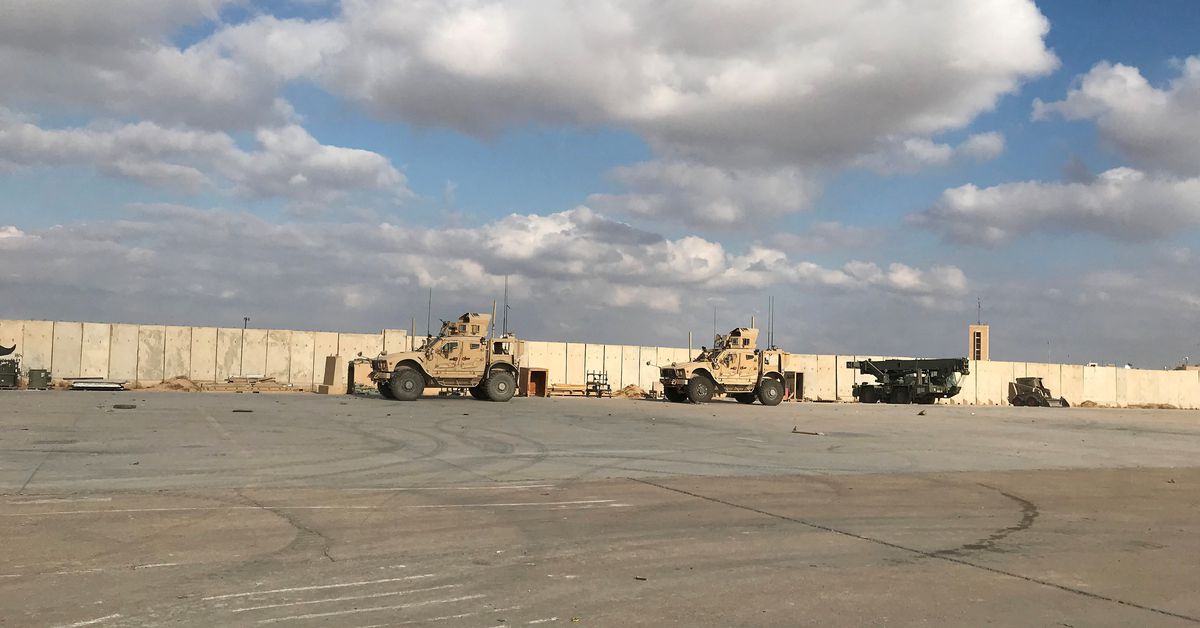The White House on Monday said Iran was in some cases “actively facilitating” rocket and drone attacks by Iranian-backed proxy groups on U.S. military bases in Iraq and Syria, and President Biden has directed the Department of Defense to brace for more and respond appropriately.
White House spokesman John Kirby said there had been an uptick in such attacks over the last week, and especially over the last few days, but the U.S. would not allow its interests in the region to “go unchallenged.”
He said the United States believed these groups were supported by Iran’s Islamic Revolutionary Guard (IRGC) and the Iranian government, which was also continuing to support the Hamas and Hezbollah militant groups.



Definitely not an ally. They actually supported forces opposing the Syrian government in their recent civil war. They currently have a presence in primarily southern Syria to help counter Islamic state (who at one point conquered much of Syria and Iraq, leading to Iraq needing assistance from the US in pushing them back). They probably enjoy having a presence putting them in between Iran and some of the Iranian backed groups like hezbollah out farther west too.
So they’re not allies but have a presence in Syria. Is Syria okay with this? Like, the sialmic state seems to be a problem for Syria. Has Syria asked for help?
Oh no, Syria, assuming you mean Bashir Al Assad’s government, absolutely does not want the US there. He’s not exactly a great guy though whatever your feelings on the US. They don’t control the entire country though. There are other Syrian opposition forces that control some parts of the country. The US has generally supported the Syrian opposition forces and the Kurds. Islamic state no longer controls large swathes of the country after multiple international forces including the US, turkey, and Russia intervened, but they are still active in the area. The US presence now is smaller and mostly near the border with Iraq in the south east of the country. It’s a pretty complicated situation.